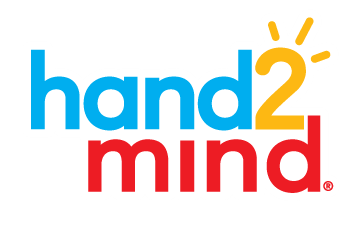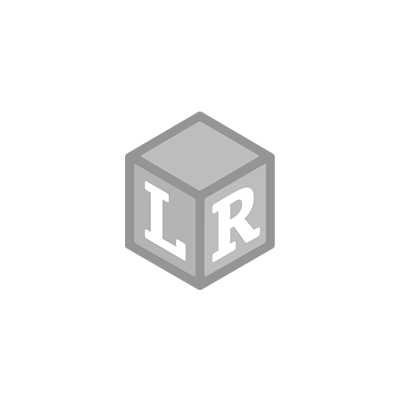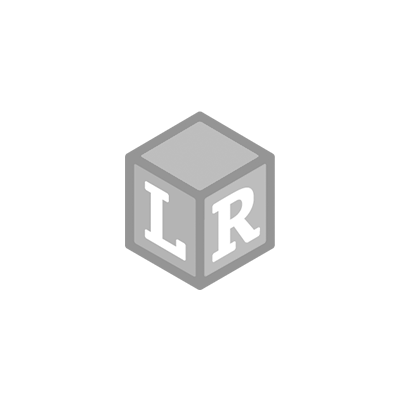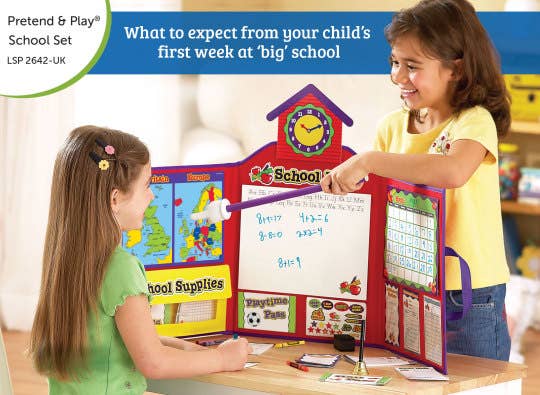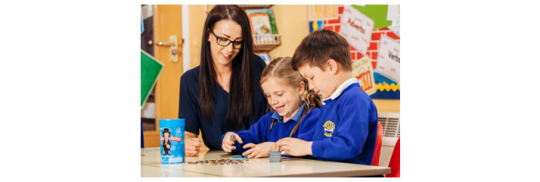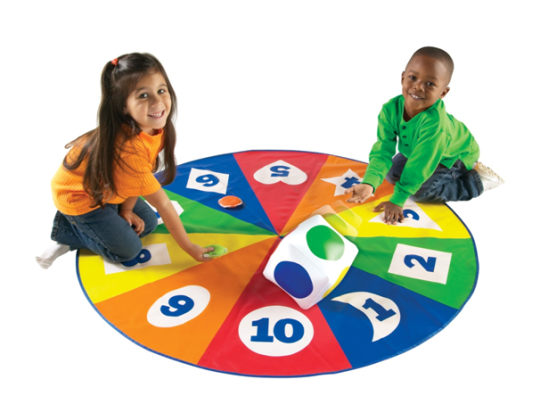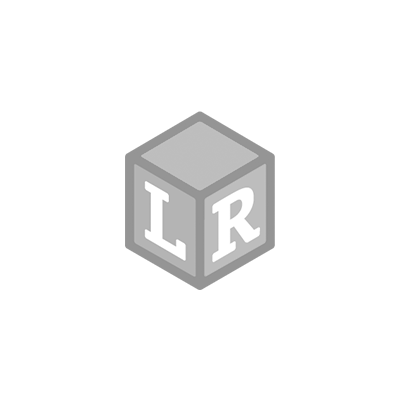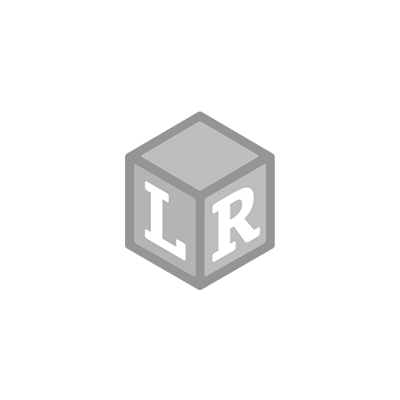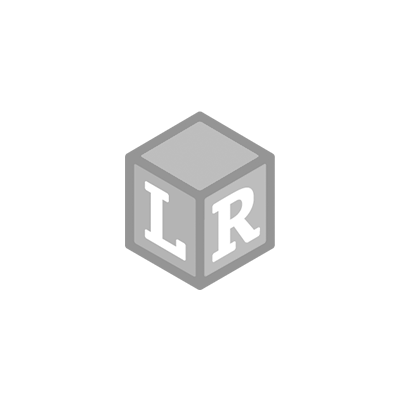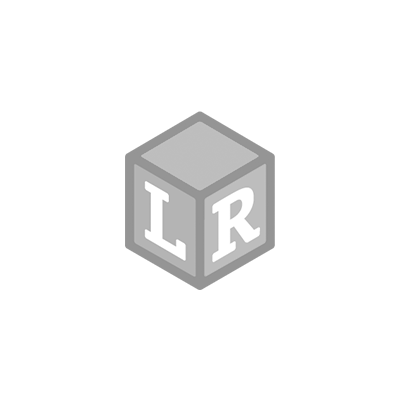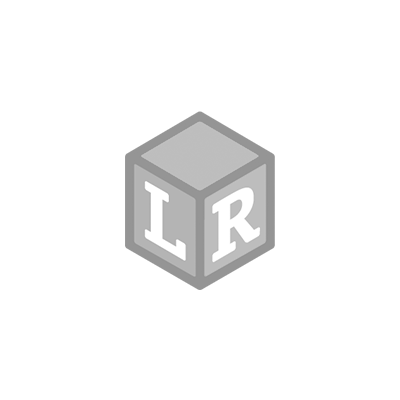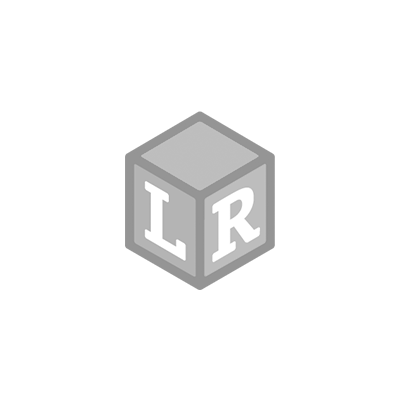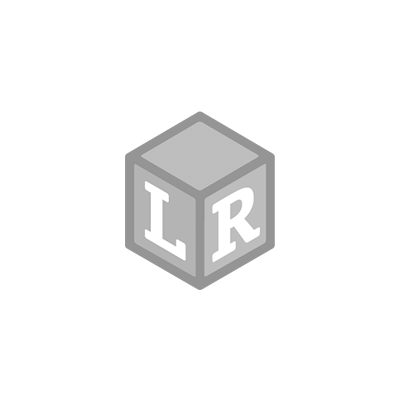
Getting ready to start primary school
- Learning Resources Posted On Jul 26, 2021 | Seasonal Fun
Getting ready to start primary school is something parents can do over the summer holidays to prepare your child for the big changes at big school. In the second guest blog, primary school teacher Joanne Moore share her tips on what your child needs to know to be ready to start school. Read Joanne’s other blog on what your child’s first day and week will be like.
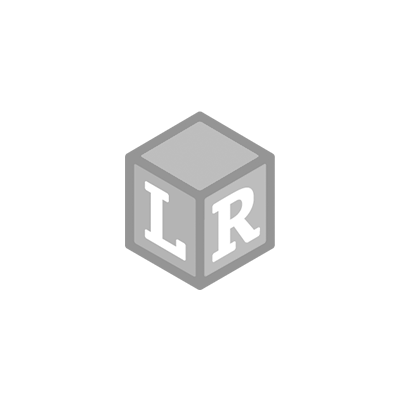

When your child starts school, they will need to complete self-care tasks independently that they may have had help with at home. These include things like going to the toilet, getting dressed, washing their hands, feeding themselves and tidying up.
Over the summer break it will help your child if you begin to encourage them to complete these tasks on their own. There will be somebody available to help if your child is struggling but with 30 children in a class, they may not get the attention they are used to. A star chart is a great way to introduce these tasks and offer an incentive for them to succeed.
Supporting a child to develop their self-regulation is a central part of the Early Years Foundation Stage. Self-regulation involves children’s developing ability to regulate their emotions, thoughts, and behaviour to enable them to act in positive ways toward a goal.
You can support you child with this by talking to them about their emotions to help them understand how they are feeling, playing games and creating challenging situations for them to navigate and praising how they handled situations.
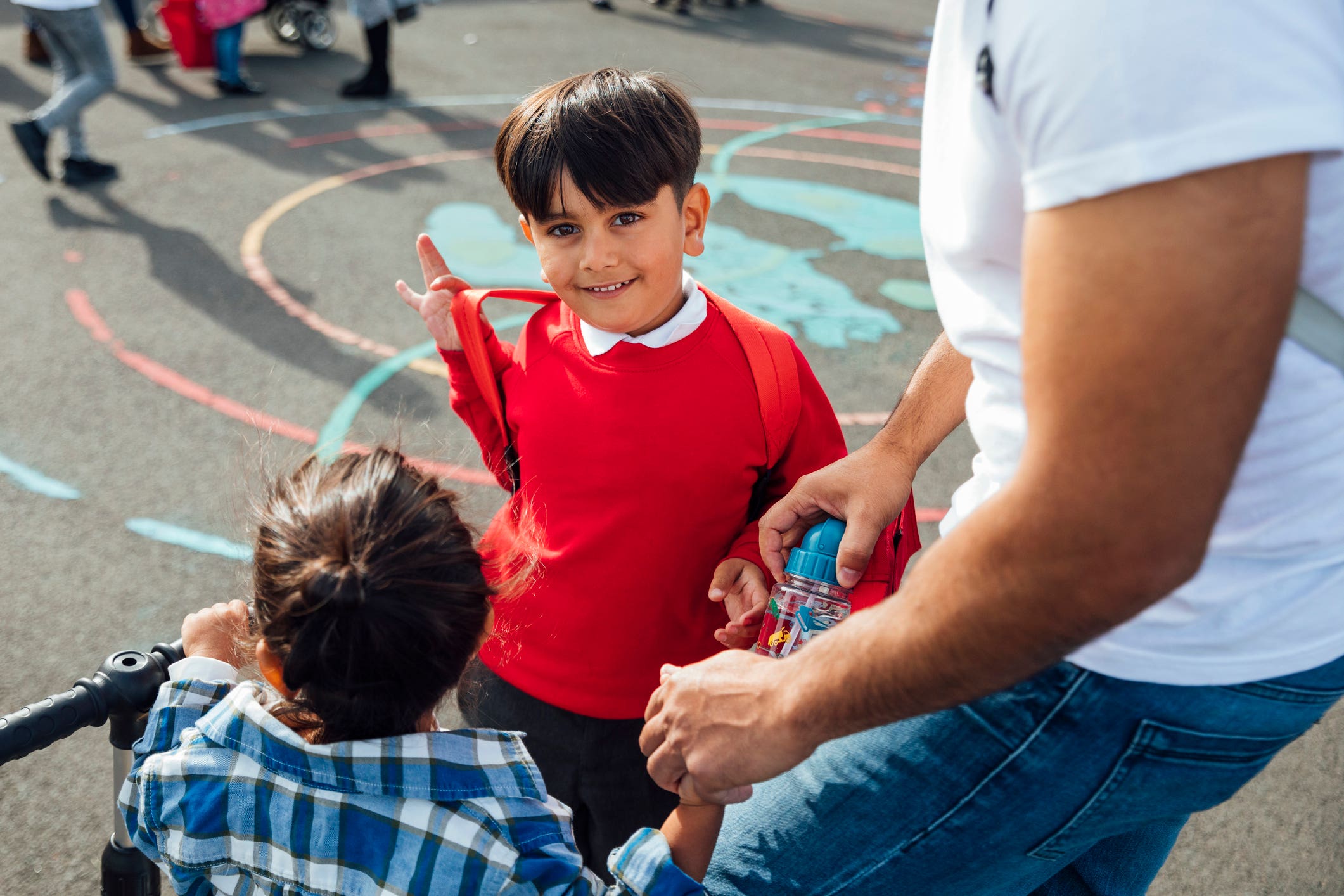

Create a positive outlook towards beginning school by having enthusiastic conversations about their journey to school, things they might do at school and the topics they will be learning about. Finding out their teacher’s name means you can mention them in conversations building up a familiarity. Visiting the school with your child will help you both to visualise it when you are talking about it.
Children are like sponges when they begin school and are ready to take in a lot of information. The reception teacher will support your child in developing new skills ready for key stage 1. Social and communication skills are important in reception as the ability to communicate thoughts and feelings will allow your child to form relationships and express themselves. Try teaching your child phrases such as “can I join in?”, “can I play with you?” and “do you want to share?”.
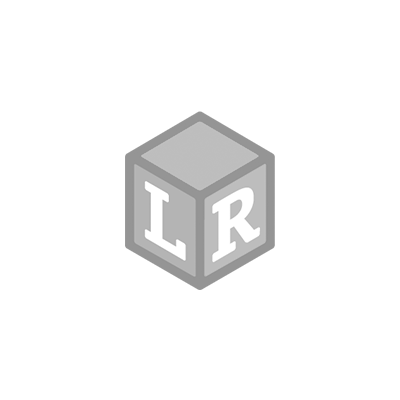

Lastly, a few practical tips from teacher to parent:
- Make sure you know what equipment will be needed; a list will be circulated so make sure to request one if you haven’t received it yet. It will be made up of items such as sweatshirts, t-shirts, socks, PE kit, PE bag, school shoes, book bag, and coat.
- Put name labels on absolutely everything! When children start school, they all bring in a book bag with a name tag but may not be able to read their name confidently. Attach a recognisable key ring to your child’s book bag, this way they will be able to find it with ease.
- Make sure to provide your child with a water bottle, as it is most schools policy that children can only drink water at school. If your child isn’t used to drinking water, try to reduce the amount of squash within their drinks during the summer so that water eventually becomes a familiar concept to them.
- Practise using pencils and scissors over the summer break, this will aid their fine motor skills and help them to improve their grip before beginning school.
- Try not worry, the early years is all about having fun, exploring, and learning through purposeful play.
Browse our website for resources to help give them a head start in areas such as speech, language and communication, self-awareness and confidence, pre-writing skills, numbers, and early phonics skills. Find out more on how you can support your child’s learning at home.
